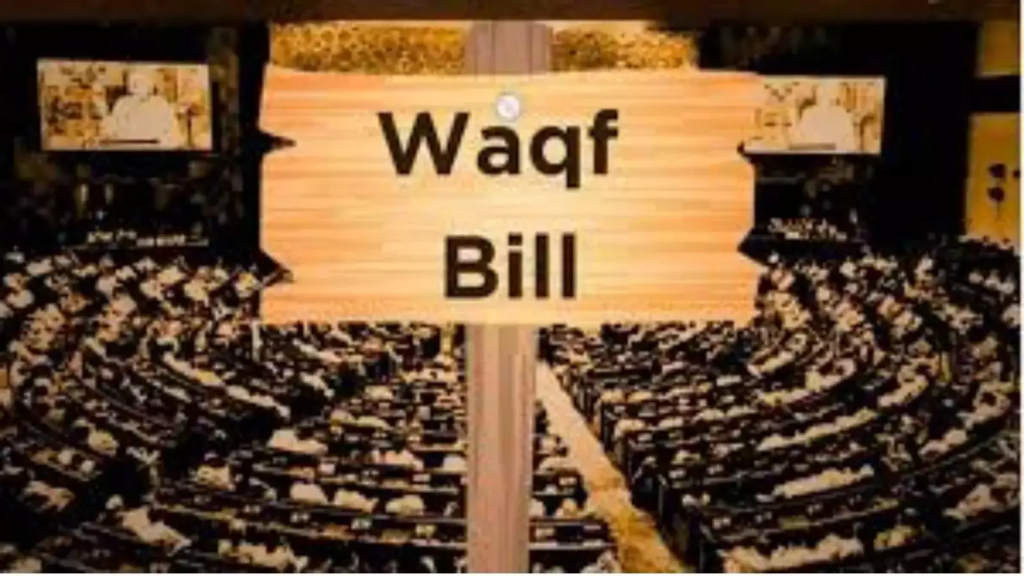Rehan Khan
On April 7, 2025, the Supreme Court of India declined an urgent hearing on multiple petitions challenging the constitutional validity of the recently enacted Waqf (Amendment) Act, 2025. A Bench led by Chief Justice of India (CJI) Sanjiv Khanna addressed the request for immediate listing made by Senior Advocate Kapil Sibal, representing Maulana Arshad Madani, President of Jamiat Ulama-i-Hind.
During the session, CJI Khanna emphasized the existing protocol for handling urgent matters, stating, “All the urgent matters… will be placed before me in the afternoon… why are you mentioning when we have a system in place?” He assured that the necessary actions would be taken after reviewing the matters in due course.
The Waqf (Amendment) Act, 2025, received President Droupadi Murmu’s assent on April 5, 2025, following its passage in Parliament amid significant debate. The Act introduces substantial changes to the management of waqf properties, including the inclusion of non-Muslim members and two women representatives in the Central Waqf Council and State Waqf Boards, and grants the government authority to determine ownership of disputed waqf properties. Proponents, such as Minority Affairs Minister Kiren Rijiju, argue that the amendments aim to curb corruption and enhance transparency in waqf property management.
Conversely, several organizations and political entities have filed petitions contesting the Act’s provisions, asserting that they infringe upon the constitutional rights of Muslim citizens, particularly their religious freedoms. The Indian Union Muslim League (IUML), in its petition, described the Act as an “unconstitutional assault on the religious autonomy and personal rights of the Muslim community in India.” The IUML highlighted concerns over the Act’s immediate enforcement, which they believe could lead to the loss of waqf properties and erosion of religious rights.
Similarly, the Dravida Munnetra Kazhagam (DMK) has approached the Supreme Court, contending that the Act affects the rights of approximately 20 crore Muslims across the country. The DMK emphasized that the Act was passed without adequately considering the serious objections raised by its members during parliamentary discussions.
Maulana Arshad Madani has been vocal in his criticism, labeling the Waqf Amendment Bill as “unconstitutional, undemocratic, and unfair.” He argued that the proposed amendments violate the freedom of religion guaranteed by the Constitution and represent governmental interference in religious matters. Madani expressed concerns that the inclusion of non-Muslims in waqf management bodies could lead to the deprivation of Muslims’ heritage intended for the welfare of the community’s underprivileged.
In Parliament, opposition parties have strongly opposed the bill, describing it as a “draconian” attack on the Constitution. All India Majlis-e-Ittehadul Muslimeen (AIMIM) chairperson Asaduddin Owaisi asserted that the amendments violate the principles of judicial independence and separation of powers, stating, “It is a grave attack on the basic structure of the Constitution.” Other opposition members echoed similar sentiments, accusing the government of infringing upon religious freedoms and targeting the Muslim community.
The Supreme Court’s decision to defer the urgent hearing has left the petitioners awaiting further developments. As the legal challenges proceed, the discourse surrounding the Waqf (Amendment) Act, 2025, continues to evoke significant debate concerning religious autonomy, constitutional rights, and the management of waqf properties in India.

